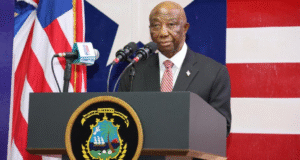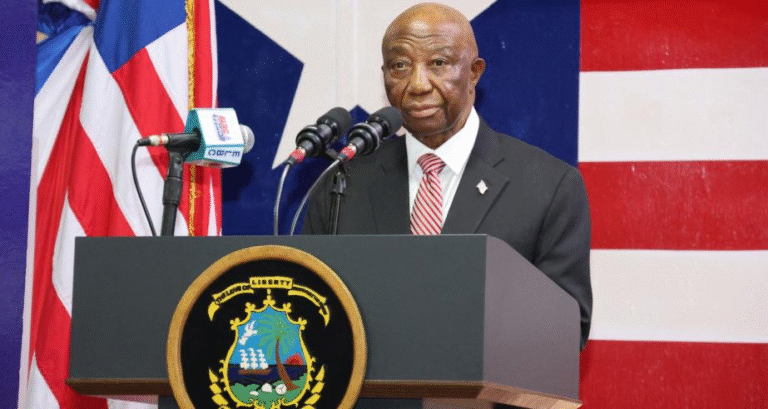King Mswati III of Eswatini, born Prince Makhosetive Dlamini on April 19, 1968, has been a central figure in the country’s governance since his coronation in 1986 at the age of 18. He succeeded his father, King Sobhuza II, and is one of the youngest monarchs to ascend the throne. Educated in Eswatini and at Sherborne School in England, Mswati III brings both traditional and modern influences to his leadership.
Under his reign, the king has made efforts to balance Eswatini’s cultural heritage with development. Initiatives like establishing a constitutional framework in 2005 aimed to modernize governance, though these have sparked both praise and criticism. Despite challenges like poverty and health crises, King Mswati has been credited with promoting economic diversification, especially through the agriculture and textile sectors.
A traditionalist at heart, Mswati III embodies the cultural identity of Eswatini, including the annual Umhlanga Reed Dance. His leadership style and decisions continue to shape the nation’s trajectory, blending royal traditions with contemporary challenges and opportunities. While he has faced international scrutiny for his governance style, his role as a custodian of Eswatini’s cultural and economic development remains significant






